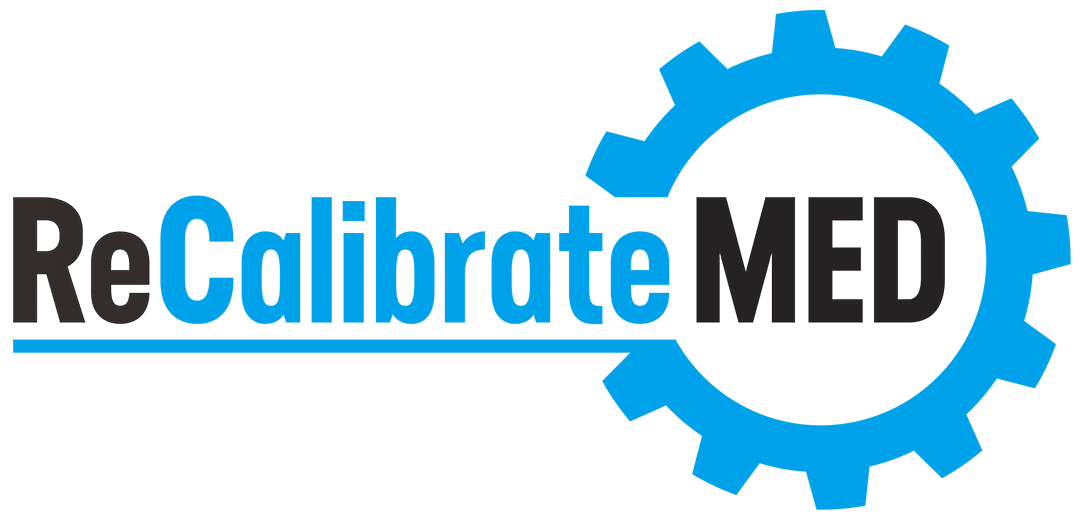When hydration therapy is administered, a sterile solution containing water, electrolytes, and vitamins is slowly infused into the bloodstream through an IV drip. The solution is carefully formulated to meet the specific needs of each individual, taking into account factors such as age, weight, and medical history.
Once the solution enters the bloodstream, it quickly circulates throughout the body, delivering nutrients and hydration to cells, tissues, and organs. This helps to restore the body’s fluid balance and replenish essential electrolytes, such as sodium, potassium, and magnesium.
The rapid delivery of nutrients through hydration therapy can have several beneficial effects on the body. It can help improve energy levels, boost the immune system, enhance athletic performance, and promote overall well-being. Additionally, hydration therapy can aid in the detoxification process by flushing out toxins and promoting kidney function.
Medical conditions that can benefit from hydration therapy
While hydration therapy is commonly used to treat dehydration and vitamin deficiencies, it has shown promise in the treatment of various medical conditions. One such condition is chronic fatigue syndrome (CFS), a complex disorder characterized by extreme fatigue that does not improve with rest.
Research has indicated that hydration therapy may help alleviate symptoms of CFS by restoring proper hydration levels and providing essential nutrients that support cellular function and energy production. Additionally, hydration therapy can aid in flushing out toxins that may contribute to fatigue.
Another condition that can benefit from hydration therapy is fibromyalgia, a chronic pain disorder characterized by widespread musculoskeletal pain, fatigue, and sleep disturbances. Studies have suggested that hydration therapy may help reduce pain and improve overall well-being in individuals with fibromyalgia.
Migraine headaches, which can be debilitating and significantly impact quality of life, have also been shown to potentially benefit from hydration therapy. Dehydration is a known trigger for migraines, and by ensuring proper hydration, hydration therapy may help reduce the frequency and severity of migraines.
Research and studies on the effectiveness of hydration therapy
Several studies have been conducted to evaluate the effectiveness of hydration therapy in treating various medical conditions. While more research is needed to establish conclusive evidence, initial findings have been promising.
A study published in the Journal of Clinical Rheumatology found that hydration therapy improved symptoms and quality of life in individuals with fibromyalgia. Participants reported reduced pain, improved sleep, and increased energy levels following hydration therapy treatments.
In a randomized controlled trial published in the Journal of Headache and Pain, researchers investigated the effects of hydration therapy on migraines. The study found that hydration therapy significantly reduced the intensity and duration of migraines, as well as the need for rescue medications.
Furthermore, a systematic review and meta-analysis published in the Journal of Clinical Medicine examined the effects of hydration therapy on chronic fatigue syndrome. The review concluded that hydration therapy was associated with significant improvements in fatigue levels and overall well-being in individuals with CFS.
While these studies provide valuable insights into the potential benefits of hydration therapy, it is important to note that further research is needed to fully understand its mechanisms of action and efficacy in different medical conditions.
Common misconceptions about hydration therapy
Despite its growing popularity, there are some common misconceptions surrounding hydration therapy. One misconception is that hydration therapy is only useful for athletes or individuals who engage in intense physical activity. While hydration therapy can certainly benefit athletes by replenishing fluids and electrolytes lost during exercise, it is not limited to this population.
Hydration therapy can be beneficial for anyone experiencing dehydration or nutrient deficiencies, regardless of their level of physical activity. It can also be a useful treatment option for individuals with certain medical conditions, as discussed earlier.
Another misconception is that hydration therapy is a cure-all for any ailment. While hydration therapy can provide relief and support for various medical conditions, it is not a substitute for proper medical care. It should always be used in conjunction with other treatments and under the guidance of a healthcare professional.
The process of receiving hydration therapy
The process of receiving hydration therapy typically begins with a consultation with a healthcare provider. During this consultation, the provider will assess your medical history, symptoms, and hydration needs to determine if hydration therapy is appropriate for you. They will also discuss the potential benefits, risks, and expected outcomes of the treatment.
If hydration therapy is deemed suitable for your needs, the provider will formulate a customized solution based on your individual requirements. The solution will be prepared in a sterile environment and administered through an IV drip. The duration of the treatment will vary depending on the specific condition being treated and the individual’s response to the therapy.
While receiving hydration therapy, you will be closely monitored by trained medical professionals to ensure your safety and well-being. The process is generally painless, although some individuals may experience a mild discomfort when the IV needle is inserted. The healthcare provider will be available to address any concerns or questions you may have throughout the treatment.
Finding a reputable hydration therapy provider
When considering hydration therapy, it is essential to find a reputable provider who follows proper protocols and maintains high standards of safety and hygiene. Here are some tips to help you find a reliable hydration therapy provider:
Research: Take the time to research different providers in your area. Look for reviews, testimonials, and recommendations from trusted sources.
Credentials and certifications: Ensure that the provider and their staff are properly trained and certified in administering hydration therapy. They should have the necessary qualifications and expertise to deliver safe and effective treatments.
Clean and sterile environment: Visit the facility in person to assess its cleanliness and adherence to proper sterilization practices. The provider should use sterile equipment and follow strict infection control protocols.
Transparent pricing and policies: A reputable provider will be transparent about their pricing structure and any additional costs associated with the treatment. They should also have clear policies regarding cancellations, refunds, and follow-up care.
Communication and customer service: Pay attention to how the provider communicates with you. They should be responsive, attentive, and willing to address your concerns or questions.
By choosing a reputable hydration therapy provider, you can have peace of mind knowing that you are receiving safe and effective treatments under the care of experienced professionals.
Potential risks and side effects of hydration therapy
While hydration therapy is generally considered safe, like any medical treatment, it does carry some risks and potential side effects. It is important to be aware of these before undergoing hydration therapy.
Common side effects of hydration therapy may include mild discomfort at the site of the IV insertion, bruising, or swelling. These side effects are usually temporary and resolve on their own.
In some cases, individuals may experience allergic reactions to certain components of the hydration solution, such as vitamins or electrolytes. Signs of an allergic reaction may include itching, rash, difficulty breathing, or swelling of the face, lips, or throat. If you experience any of these symptoms during or after hydration therapy, seek immediate medical attention.
Additionally, improper administration of hydration therapy or using contaminated equipment can lead to infections. It is crucial to ensure that you receive hydration therapy from a reputable provider who follows strict infection control protocols.
Lastly, hydration therapy may not be suitable for individuals with certain medical conditions, such as kidney or heart problems. It is important to consult with your doctor before undergoing hydration therapy to determine if it is safe and appropriate for your individual needs.
Conclusion: The future of hydration therapy and its potential impact on medical treatments
Hydration therapy, also known as IV therapy, has gained recognition as an effective treatment for various medical conditions. Its ability to restore fluid balance and deliver essential nutrients directly into the bloodstream offers promising benefits for individuals with conditions such as chronic fatigue syndrome, fibromyalgia, and migraines.
While more research is needed to fully understand the mechanisms of action and efficacy of hydration therapy, initial studies have shown promising results. Hydration therapy has the potential to improve symptoms and quality of life in individuals with these conditions, providing a valuable treatment option alongside traditional medical approaches.
As the field of hydration therapy continues to evolve, it is important to ensure that proper protocols are followed, and treatments are administered by qualified professionals in a safe and sterile environment. By understanding the science behind hydration therapy and consulting with healthcare professionals, individuals can make informed decisions about whether hydration therapy is a suitable option for their medical needs.
In conclusion, hydration therapy offers a promising avenue for the treatment of various medical conditions. Its potential impact on improving energy levels, reducing pain, and enhancing overall well-being makes it an intriguing area of research and development. With further advancements and clinical studies, hydration therapy may continue to expand its application and become an integral part of modern medical treatments. Call us today at (910) 420-0443.





